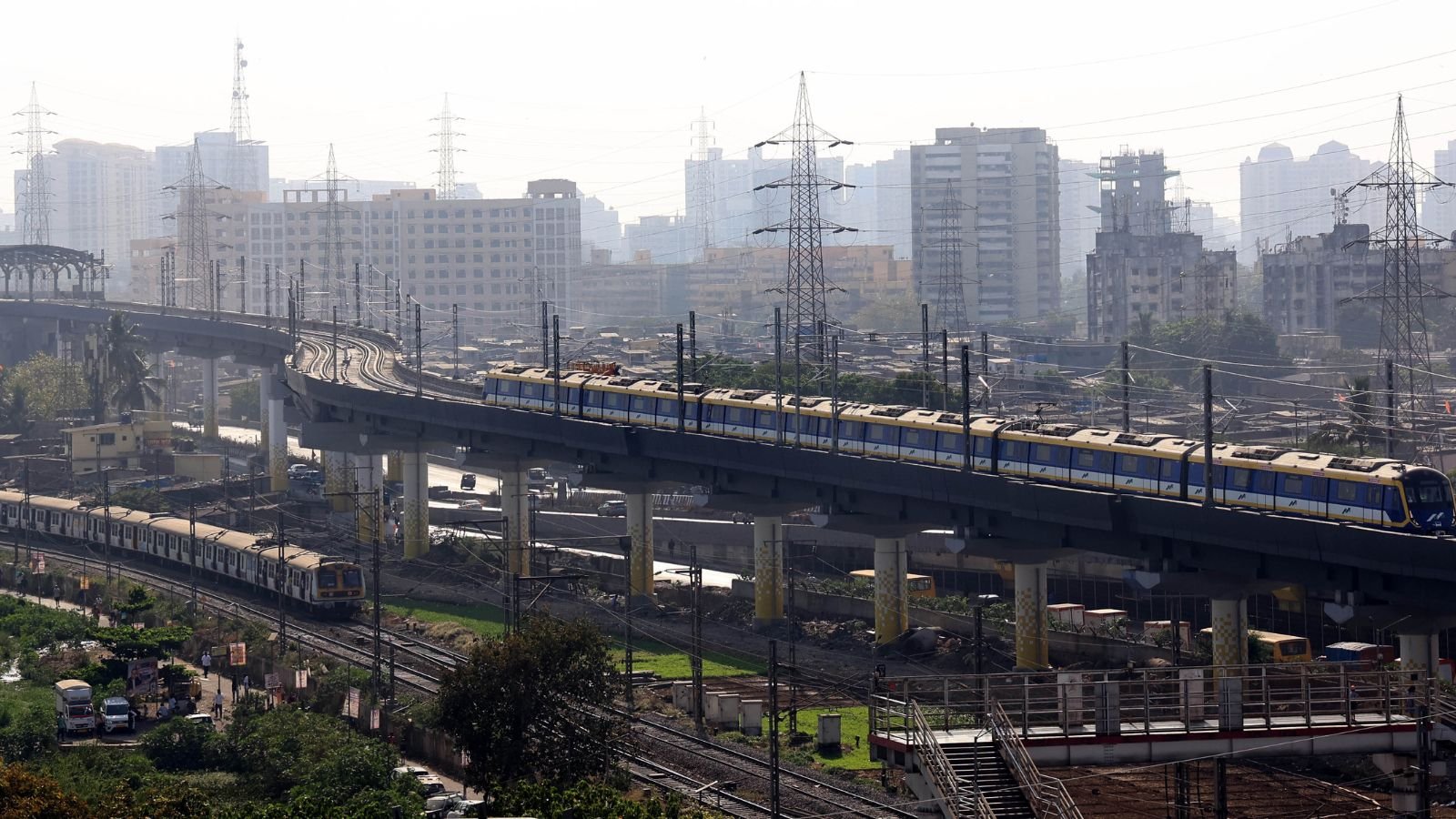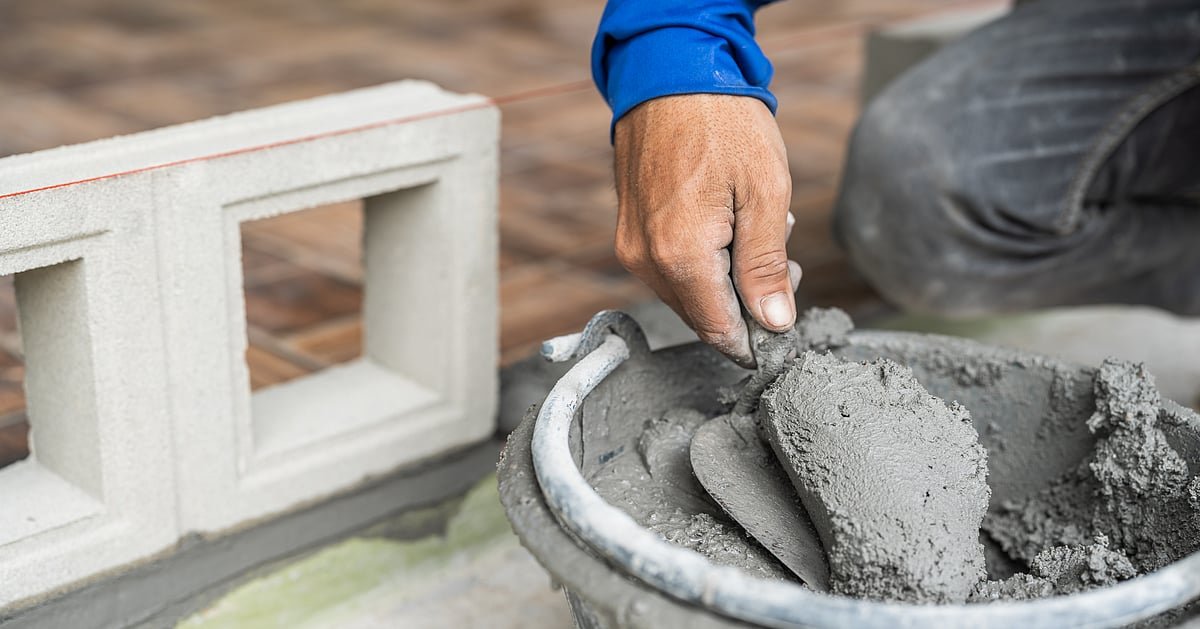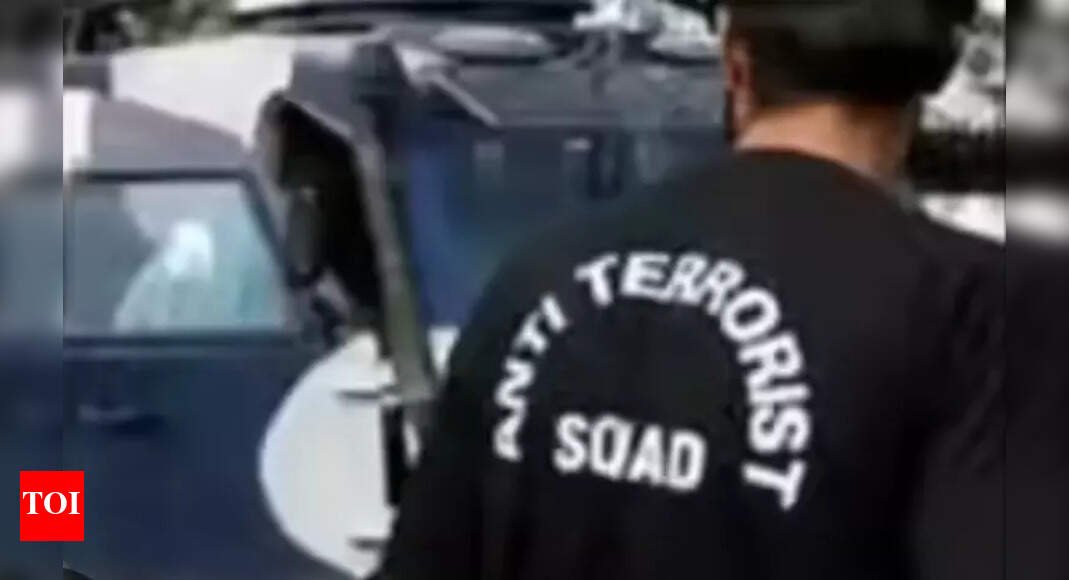Commuters travelling through the newly inaugurated underground metro stretches of Mumbai Metro Line 3 (Colaba–Bandra–SEEPZ) are still facing poor or no mobile network connectivity, leaving them frustrated weeks after the line was opened for public use.
The problem is not the absence of connectivity infrastructure but disputes and disagreements over the third-party infrastructure firm engaged by the Mumbai Metro Rail Corporation Limited (MMRCL), and commercial charges imposed on telecom operators for using the third-party firm’s infrastructure for providing services to the commuters.
MMRCL has awarded ACES India Private Limited the contract to provide In-Building Solutions (IBS) at Mumbai Metro stations and tunnels. However, major telecom operators — Jio, Airtel, and Vodafone Idea (Vi) — have said the rates set by ACES are commercially unviable, in a letter to MMRCL managing director earlier this year.
In a letter to MMRCL in February this year, the operators offered to connect to ACES’s IBS network on a free-of-cost basis until agreement on terms is signed. Payments would begin only after the deal is finalised.
However, the issue is yet to be resolved.
While Vodafone Idea and Bharat Sanchar Nigam Limited (BSNL) are working on providing the services in the metro, Jio has refused, citing that the proposed charges by third-party IBS are too high, and demanded that it install its own network, saying that it would be more economical.
What is MMRC saying?
When asked why mobile phones are not working in the Metro, a MMRC official said, “The contract to lay and provide Neutral infrastructure (IBS) that can be used by all telecom entities was given to a third party who has the licence from DoT [Department of Telecommunications] to provide such services”.
“The contractor has laid the IBS network of international standards to provide 95 per cent coverage. Vodafone Idea (Vi) and Airtel have connected to a few Metro stations using this infrastructure, and their network were working. However, Airtel has disconnected from all Metro stations without notice,” the official said.
Story continues below this ad
“Vi is still to extend its network in Phase 2B stations (Science Centre to Cuffe Parade). BSNL network connectivity is in progress. Mobile telecom companies should utilise the infrastructure and propagate their signals. There could be some commercial charges payable for providing and maintaining the infrastructure laid.”
What are telecom operators saying?
Vi has connected its network to Phase 1 and Phase 2A and is working to extend coverage to Phase 2B, which will complete connectivity along the entire 33.5-km underground corridor.
A Vi spokesperson said, “We are providing services in Phases 1 and 2A of the Metro and are currently working to establish the connection in Phase 2B, which will complete the network coverage.”
Airtel, which had initially connected to the IBS, later disconnected from all Mumbai Metro stations without notice and has not responded to the queries about its plans. BSNL is still in the process of integrating its network with the infrastructure.
Story continues below this ad
A Jio spokesperson said, “Jio, along with other telecom service providers such as Airtel and Vi, has sought permission from the Mumbai Metro authorities under the Right of Way (RoW) Rules to deploy shared in-building infrastructure. Regarding infrastructure built by a third-party provider, the proposed charges are significantly higher compared to the cost of deploying our own in-building solution”.
“Engaging such third-party networks would therefore not be economically viable when we can establish our own infrastructure at a fraction of the cost. Accordingly, we are awaiting necessary permissions from Mumbai Metro to proceed with building our own network.”
Officials said that while the IBS network is technically ready, commercial disagreements, partial adoption by telecom operators, and delays in approvals and coordination with MMRC have slowed full network rollout.
Mobile operators are required to pay charges for using and maintaining the infrastructure, and disputes over these terms are preventing seamless connectivity.
Story continues below this ad
As a result, commuters travelling underground continue to experience intermittent or no mobile signal, making it difficult to call, message, or use the internet. Despite the infrastructure being in place, coordination gaps between MMRC, the third-party provider, and telecom companies mean that passengers remain offline.




